Nationalism
noun
- identification with one’s own nation and support for its interests, especially to the exclusion or detriment of the interests of other nations.
Since the French Revolution overthrew the old-world order and paved the path to the Concert of Europe, the ideas and principles of nationalism have been the fuel behind the fire of Europe. Nationalism has been the justification for war, colonialism, and oppression of other peoples to benefit their peoples. This idea of nationalism would come to a climax in the two world wars, which saw devastation that had never been seen before and led to the deaths of millions in mainly Europe. Following the obliteration of multiple nations, European powers could no longer hold the vast empires they once had and would lose much power. These two events made people question nationalism and wish for a solution leading to longer and more sustainable peace. So, out of the ashes of devastation and horrors never seen before, the European Union was formed in hopes of never seeing those horrors again and building a better world through a proto-
Federation.
noun
- a group of states with a central government but independence in internal affairs.
Many predecessors to the European Union(EU) would set its groundwork, most notably in the Coal and Steel Community. The success of the Coal and Steel Community in maintaining peace and being an overall positive economic force would lead to the founding of the European Union as we know it today. The treaty that brought the federation into reality was signed on February 7, 1992, under the Maastricht Treaty and would come into effect on January 1, 1993.
The EU is a proto-federal organization that seeks to improve the lives of its citizens while promoting freedom, peace, and international law. It does this through cooperation and making conflict between member states too costly to justify. In addition, protecting the environment and helping enforce international law abroad are also significant points of importance. They have succeeded in these goals, with many nations, such as Poland and the Baltic States, doubling their GDP from 2004 to 2019, primarily due to EU membership. ( news/economic-benefit-EU-membership) The economic benefits have created ties that would be too good for nations to realistically give up. In addition, the European Union has led the world in climate change action and has been the first government to establish laws that protect people from artificial intelligence. (https://artificialintelligenceact.eu/the-act/ )
In addition, they have been one of the few governments to restrict overly sweet foods to make people healthier. This means foods with too many chemicals or too much sugar are regulated or banned. The European Union has also been essential in empowering European states’ voices and maintaining Europe’s relevance on the global stage. It is safe to say that the EU has achieved most of its goals and is one of the most forward-thinking organizations in the world. The EU could be an essential stepping stone into something even greater. And with just the right changes, the EU could be the next leap into achieving world peace through-
Unification.
noun
- the process of being united or made into a whole.
The European Union has succeeded in its goal of creating more unity in Europe in many ways. However, challenges remain, as obstructive members acting in other nations’ interests can block significant progress from being made. In addition, many politicians will often villainize the Union by presenting them as responsible for problems the politicians themselves frequently create. Fiscal responsibility can often be a problem for the EU, especially with so many nations all needing different things. However, if these remaining challenges can be overcome, the EU can go past silly national squabbles. And perhaps become the first continental federation, and this would change the world forever, in other words, a-
Civilization.
noun
- the stage of human social and cultural development and organization that is considered most advanced.
A united continent, not through the violent conquest of its neighbors or forced subjugation but unified through voluntary and peaceful means by democracy. This would transform Europe from a group of independent nations into a civilization. The world has never seen anything like this before, as almost all other great powers have been created from the destruction and subjection of others. This could be a massive leap for humanity, as, for centuries, the final goal of nations is to transform into civilization, and we are perhaps the closest we have ever been to that. If this concept could be promoted abroad, it could lead to a world united by different cultures and peoples rather than a world divided by it.
Still, many things have to be resolved, and it will be a gradual process. In addition, people would have to be convinced that this could not happen without the backing of the people, or the idea may suffer the same fate as Yugoslavia. Many people still believe in the golden era of nationalism; however, that time was filled with conflict, and the nationalistic state was always doomed to war. In addition, many often say that culture and identity could be lost if European borders are dissolved. However, in a federation, individual cultures would be retained in each state; in addition, it is unlikely that many cultures would be lost, as places like Quebec still have a strong French culture despite not being French for hundreds of years. Culture is not just lost when the government evolves; culture is often strengthened, like in Hawaii.
Peace
noun
- a state or period in which there is no war or a war has ended.
In summary, an empowered and perhaps even federal Europe could set the grounds for a greater peace never seen before. While the path would not be fast, it could change the world in time. It would also show the world that peace between diverse and different peoples is possible. It would also create a new power block to uphold democracy in the continent and beyond.
“Patriotism is when love of your own people comes first; nationalism is when hate for people other than yours comes first.”
Charles de Gaulle
Sources
https://www.youtube.com/watch?v=vtymaSR3T48
https://www.youtube.com/watch?v=Fn7xryMkicQ
https://www.youtube.com/watch?v=hA6y4o0-1XY
https://www.youtube.com/watch?v=F6gREHxxVIs
https://www.thenewfederalist.eu/to-enable-the-possibility-of-a-federal-reality?lang=fr
https://www.europarl.europa.eu/RegData/etudes/BRIE/2024/760354/EPRS_BRI(2024)760354_EN.pdf
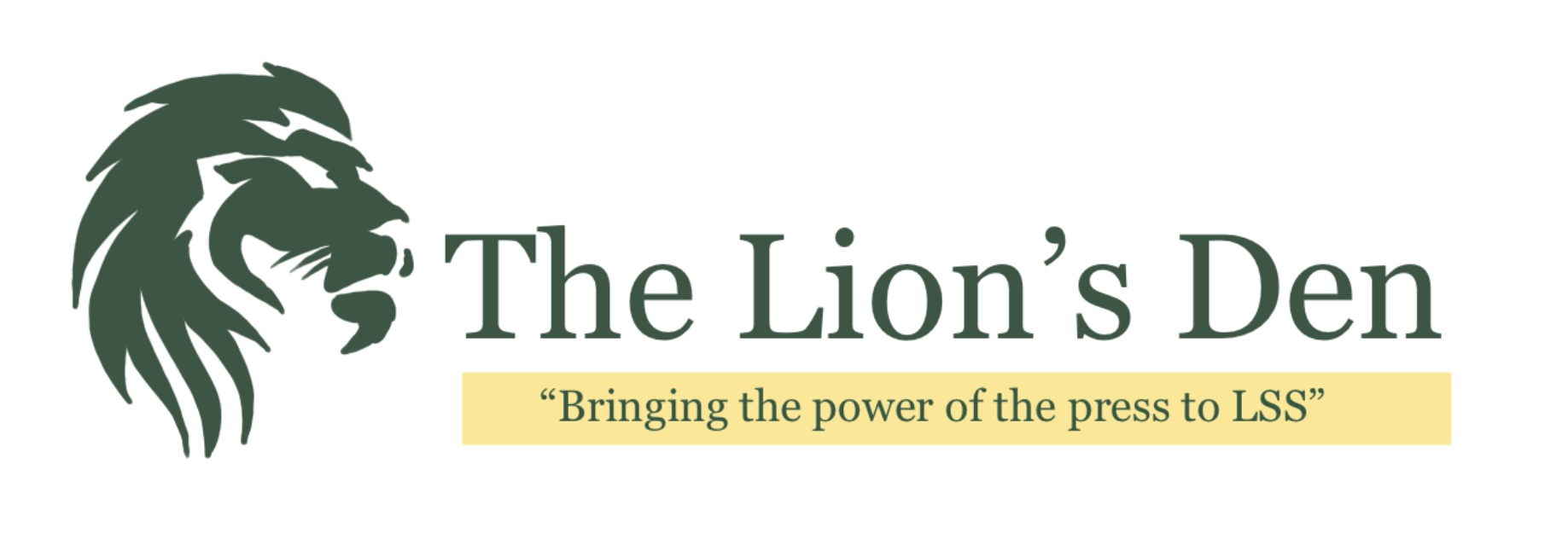



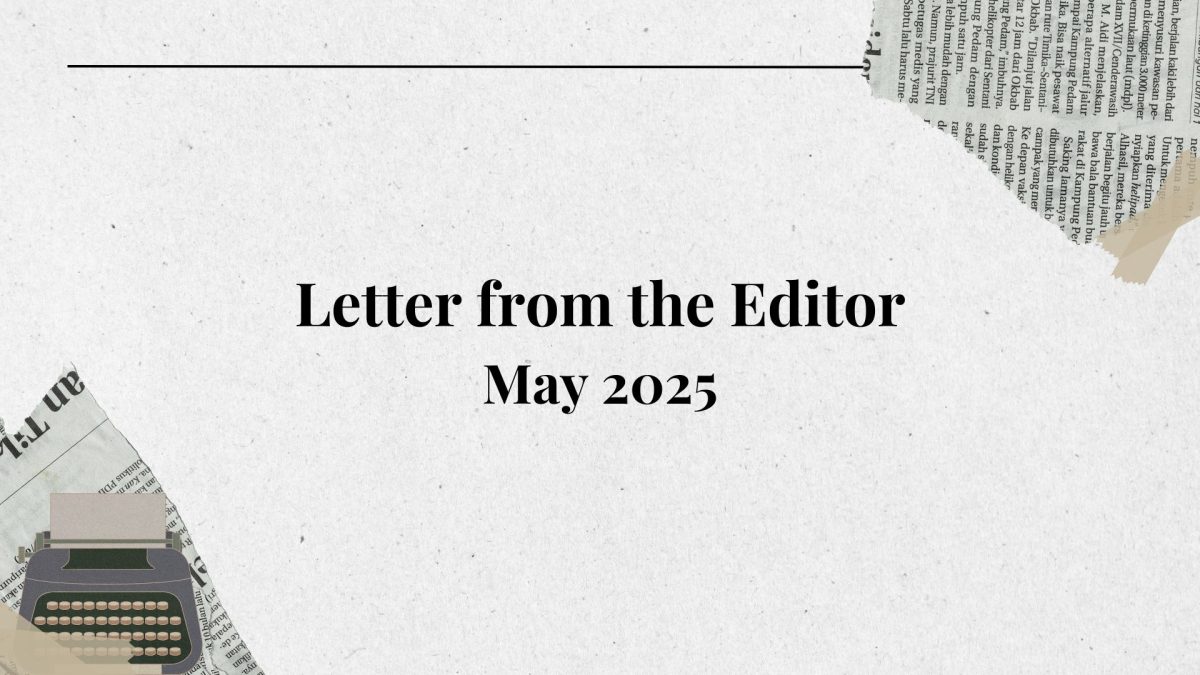




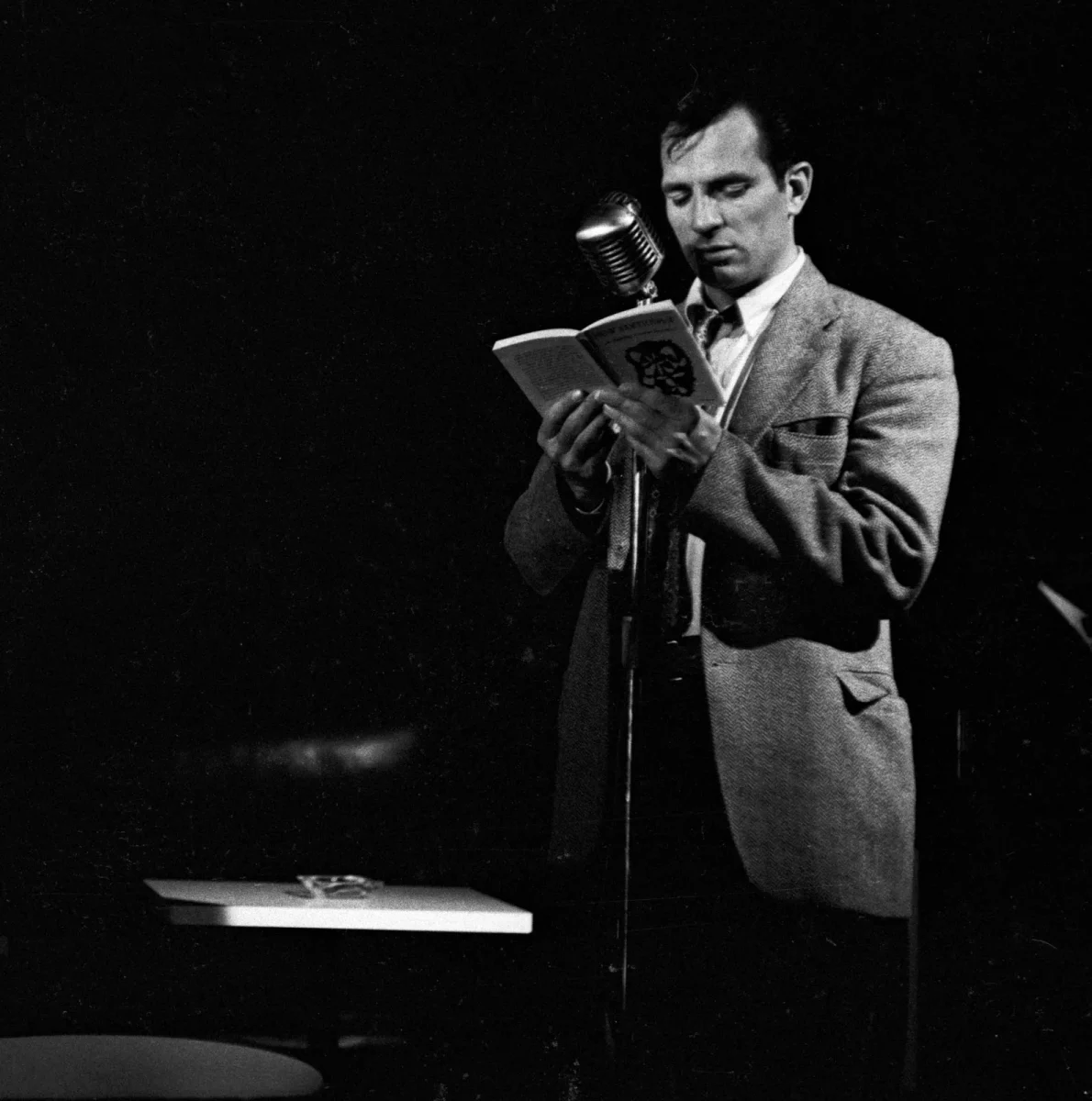
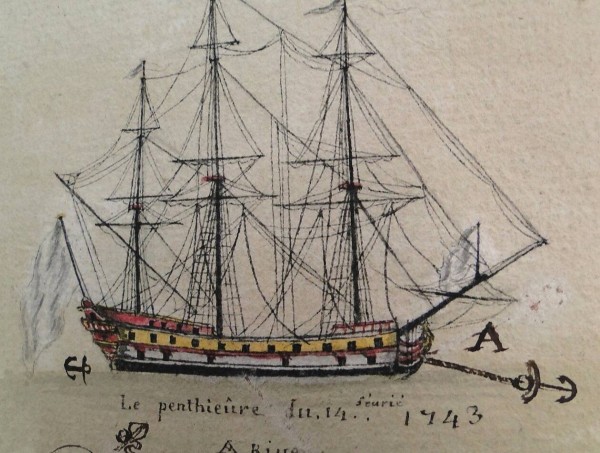
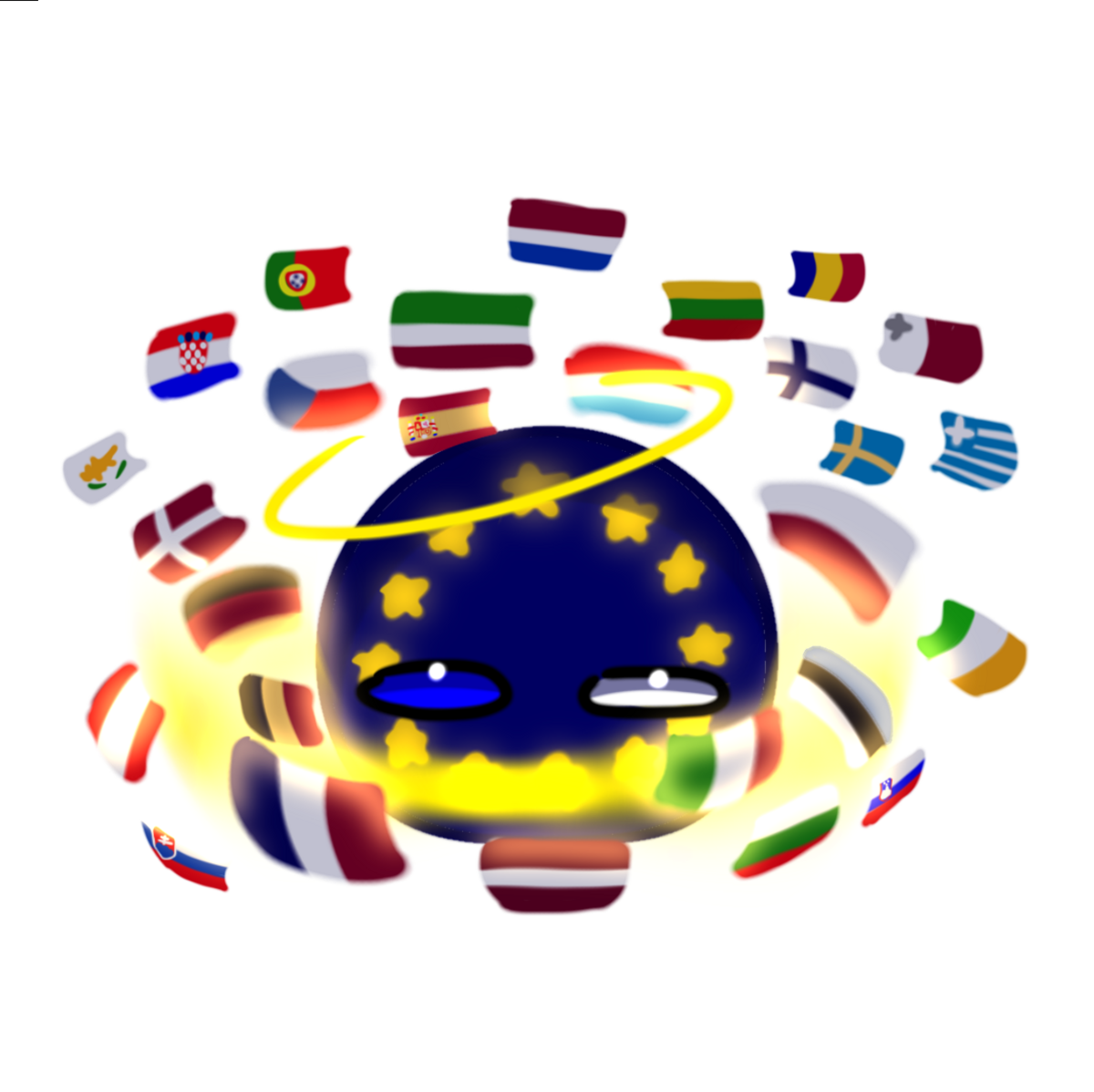

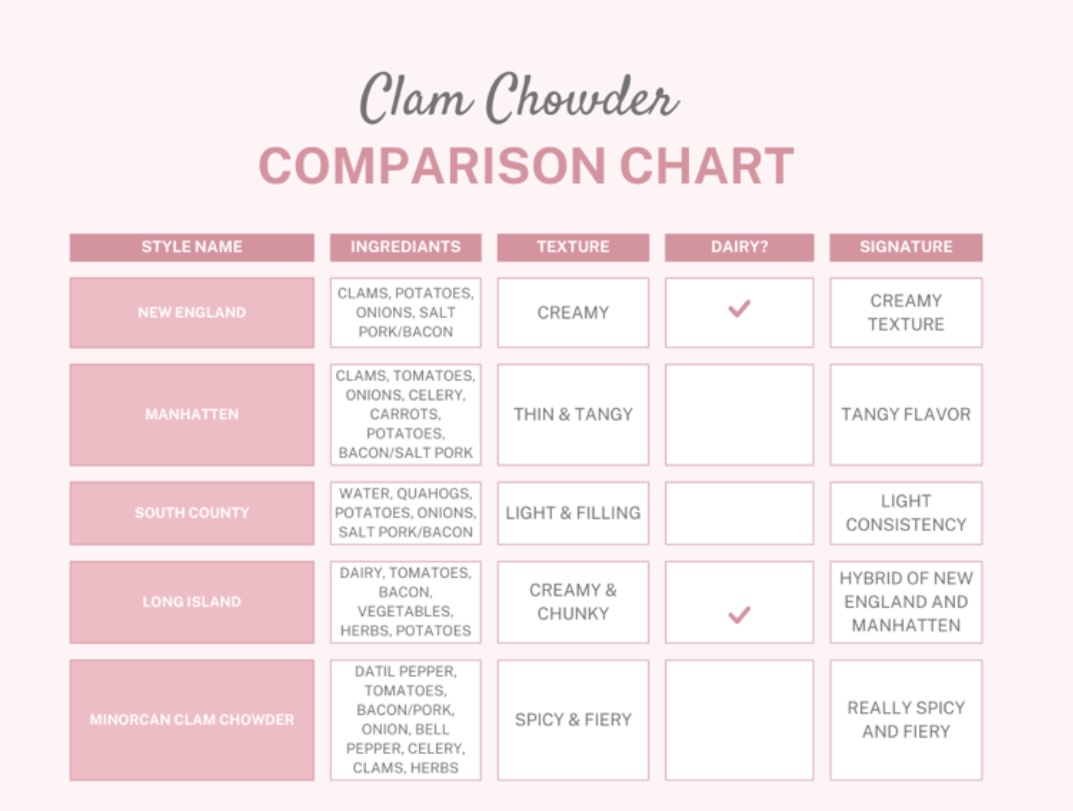



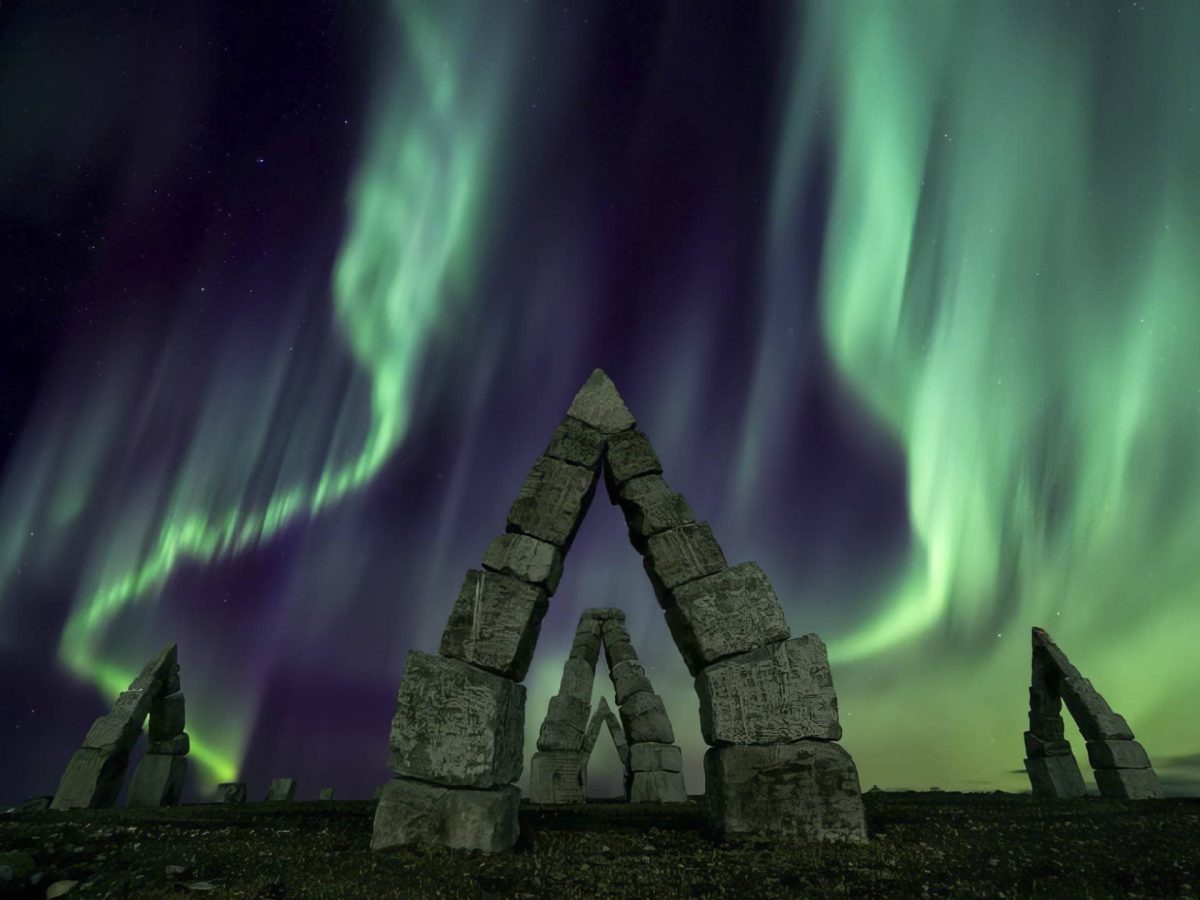

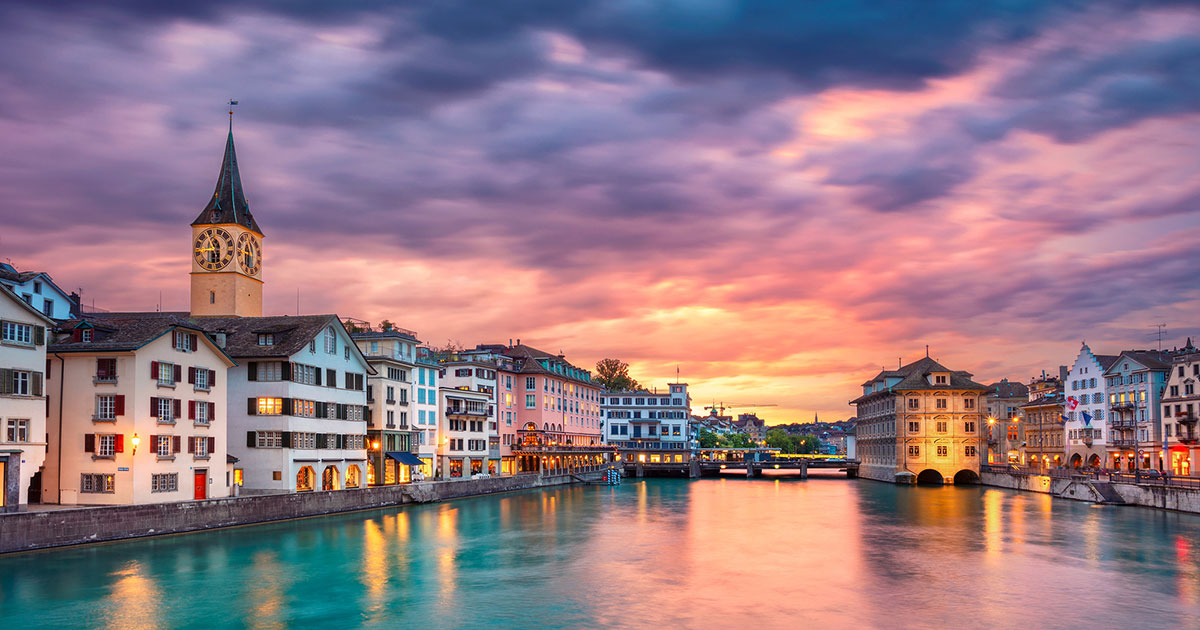



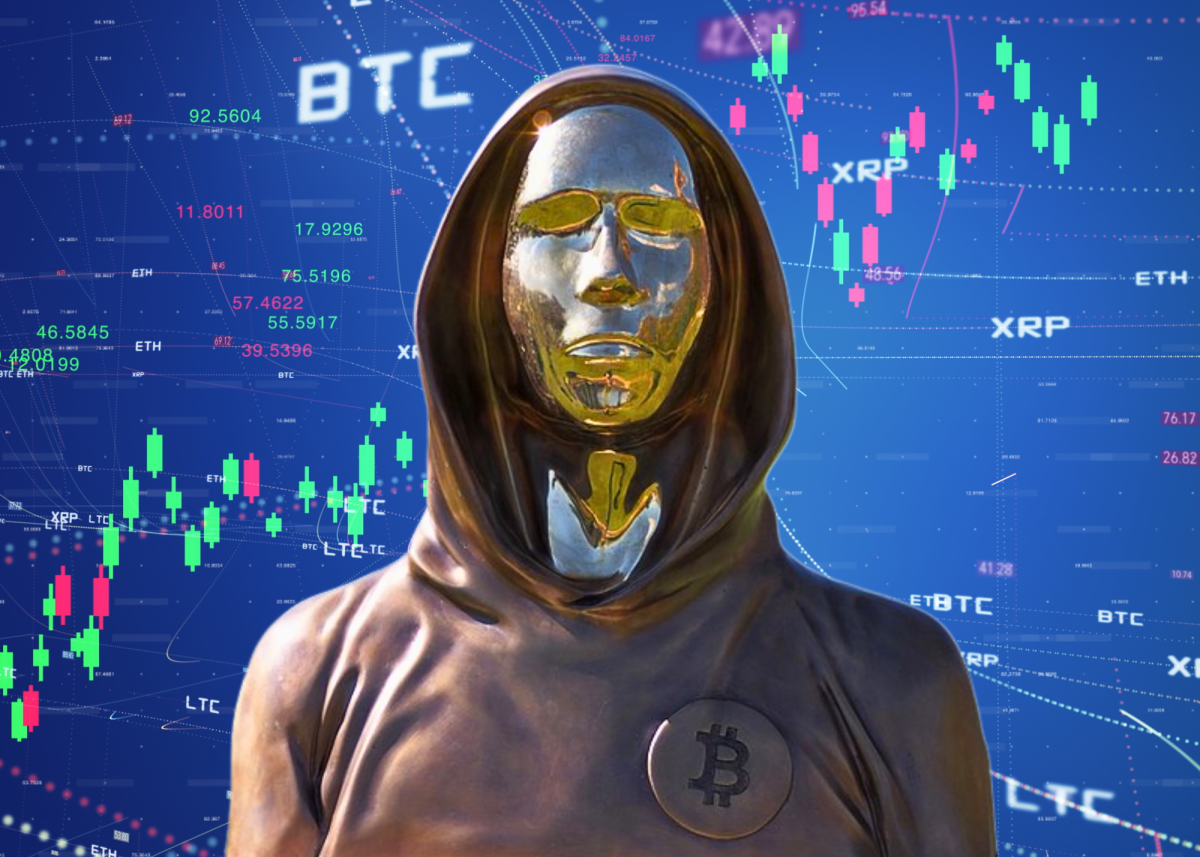

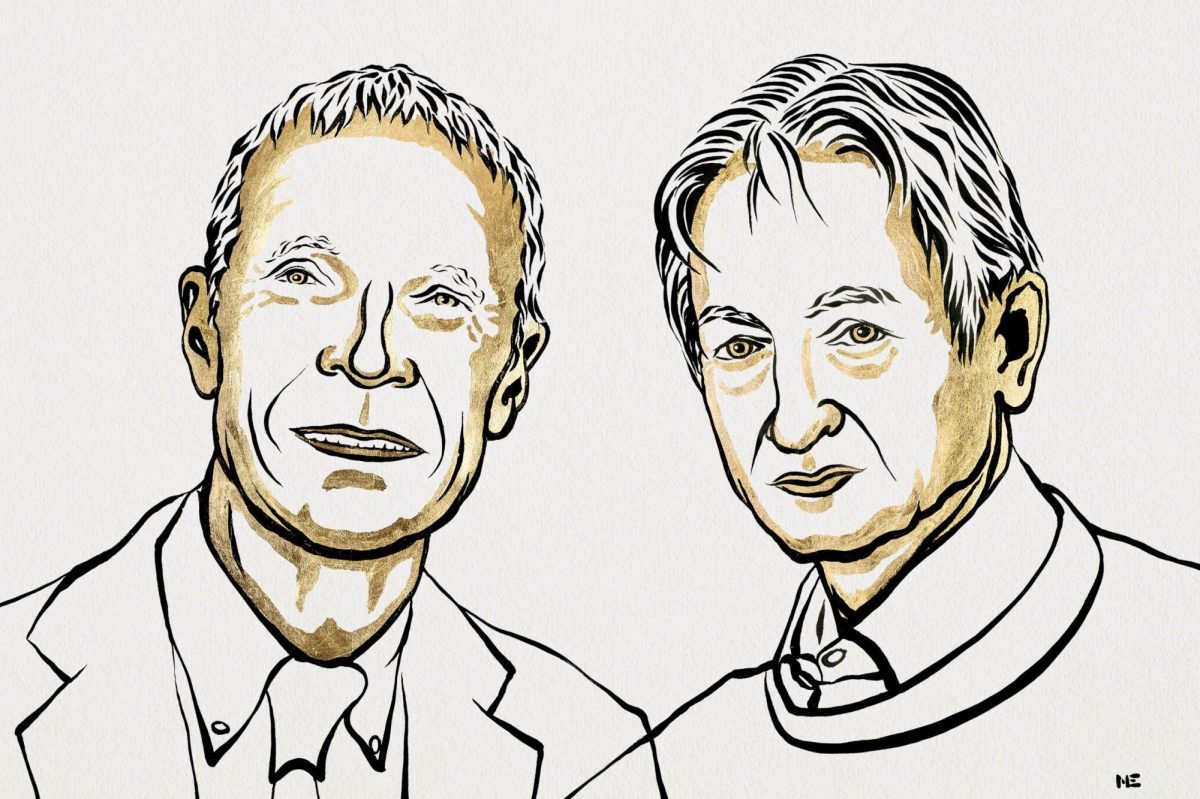

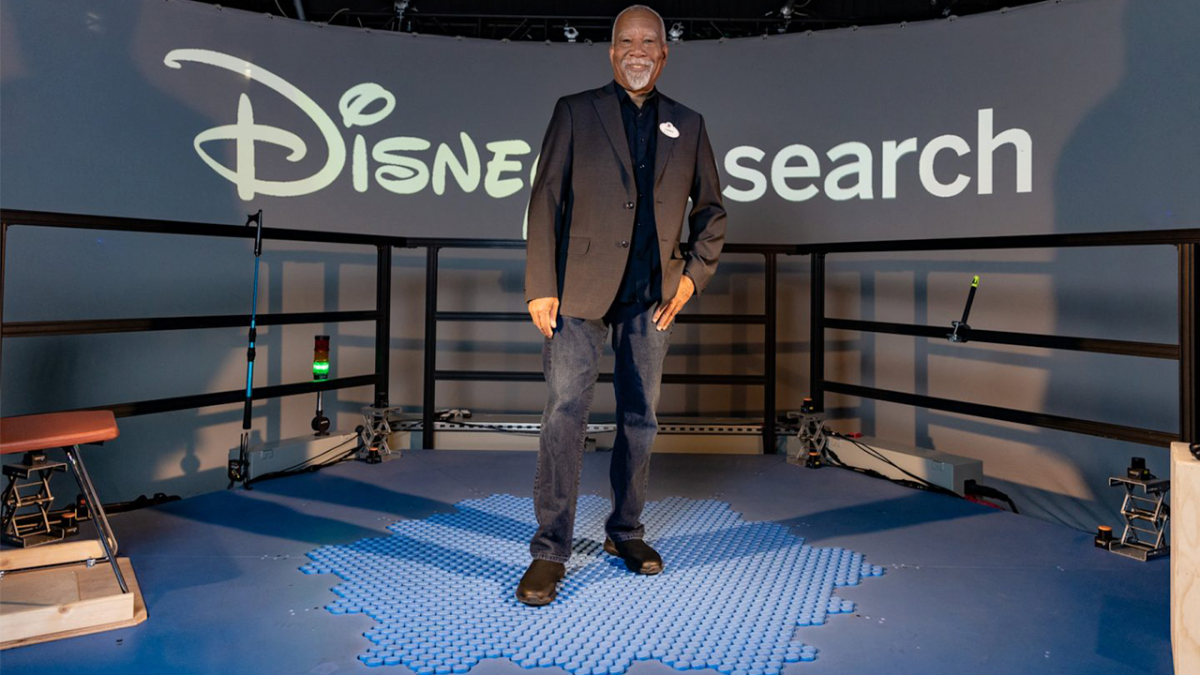
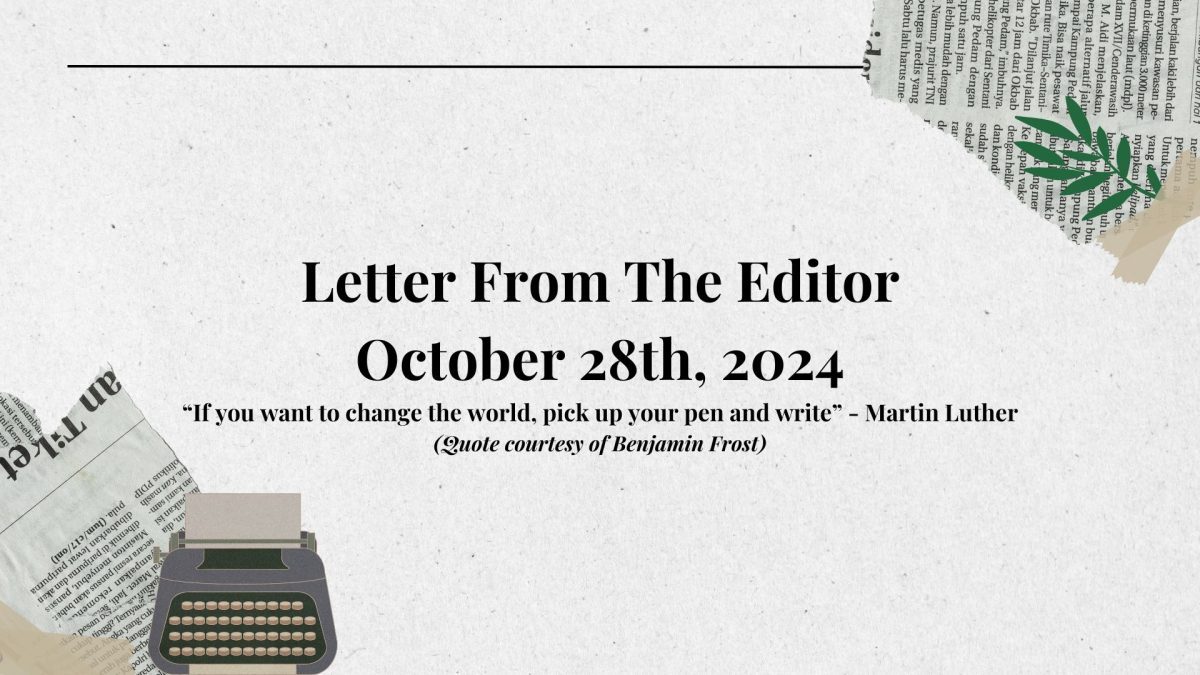











Betty • Feb 11, 2025 at 9:24 pm
What an extraordinary paper. I enjoyed so much reading these well written words. I was reminded of parts of history I had forgotten and found myself very much looking forward to another paper by this
talented author.